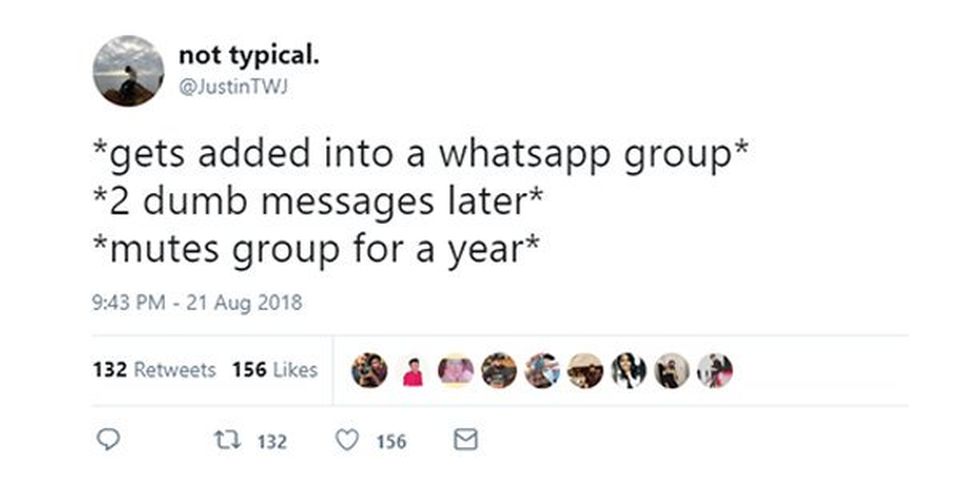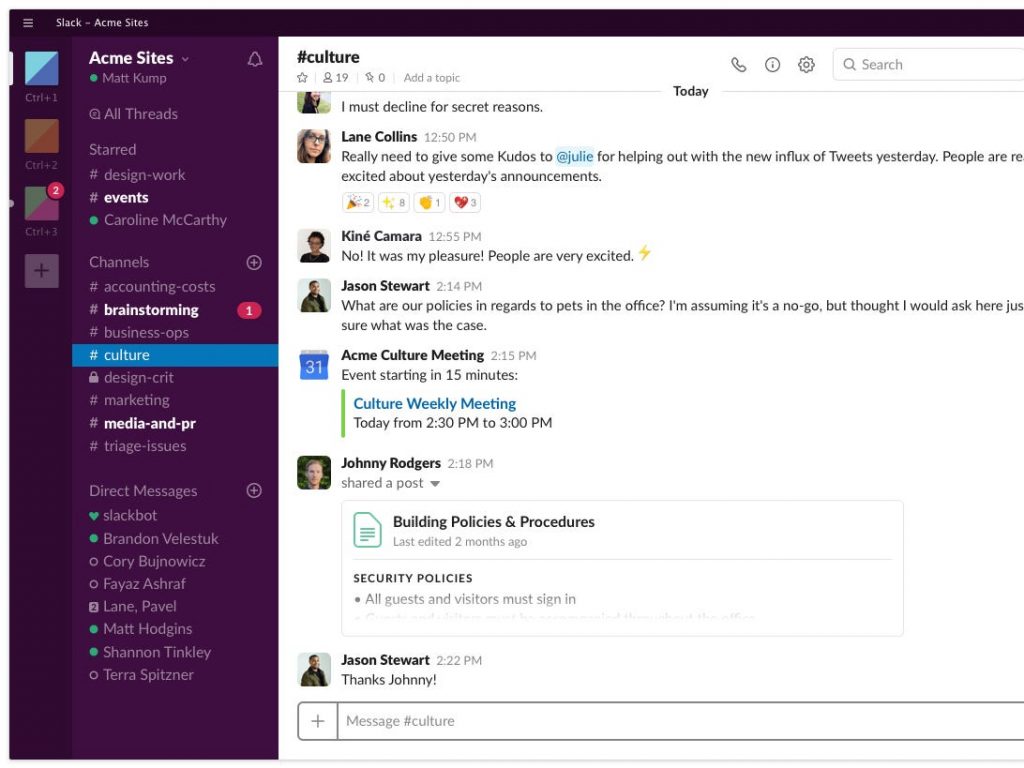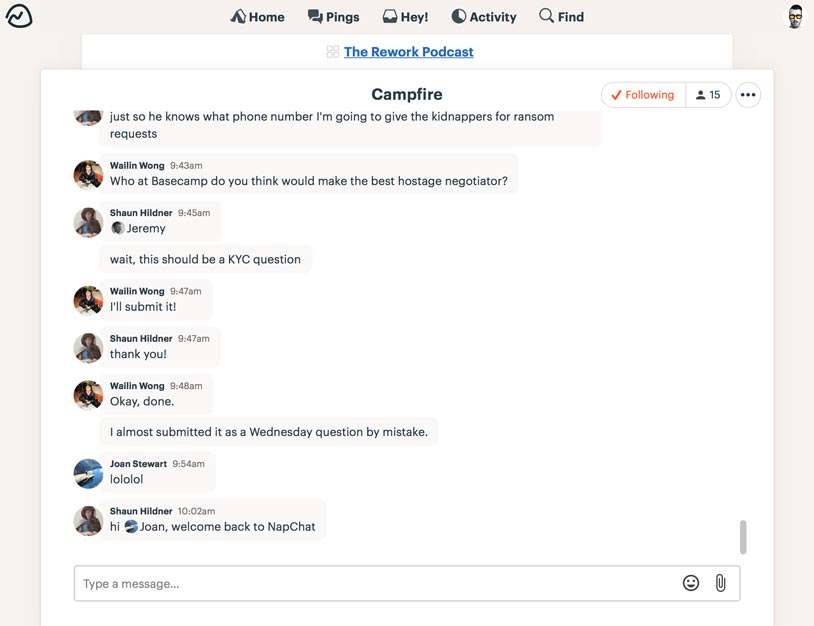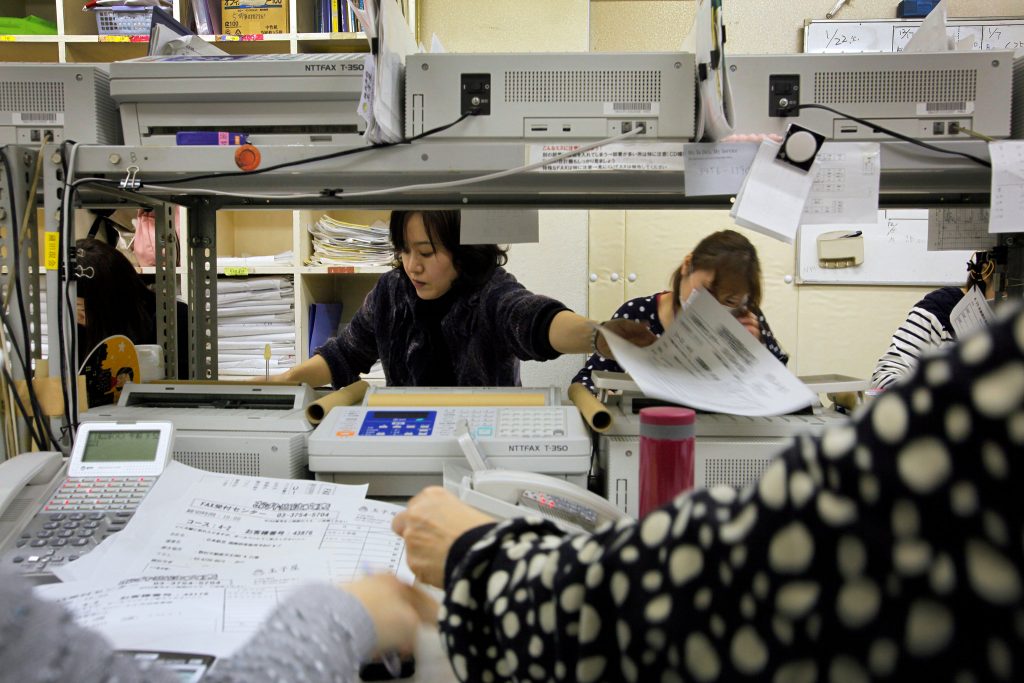Stop me if this sounds familiar: It is a weeknight. You are having dinner with your friends. Midway through an engaging conversation, a flicker of annoyance passes over your friend’s face. Their mood darkens visibly as a message notification pops up. They mumble an apology before turning away to attend to an irate client, or some email which simply cannot wait.
After 5 minutes of tapping, they return to the fold, cursing their boss and—omg so sorry what were we talking about again? However, the ordeal is not over. Barely have you guys resumed your eating when another screen lights up with demands for triage, update or query.
Rinse and repeat until approx. 9:30 PM.

Even though it disturbs our peace-of-mind, eats into our personal time, affects work-life balance, and is, more-often-than-not, a waste of everyone’s time, group chats have come to dominate workplace communication just as email once did for an earlier era.
So what gives? How did something so universally despised become so commonplace?

My favourite is Basecamp’s manifesto ‘Group Chat, Group Stress’ because its authors sound like Martin Luther nailing his protests onto a German door. The article lists not one, not five, but 17 reasons why group chats should be regulated like AK47s.
The list of crimes is impressive. Not only do group chats create ‘knee-jerk responses’ or ‘pile-ons’, they are ‘all-day meetings’ which cause ‘FOMO’ and ‘mental fatigue’. Basecamp stops short of suggesting that we ban office group chats like chewing gum, but it come close. Instant messaging is blamed for hindering ‘meaningful’ work.

One Financial Times article entitled ‘The perils of using Whatsapp at work’ warns of privacy concerns and group chats being used as ‘a tool for workplace bullying’. Such warnings are as old as instant messaging itself. The Wall Street Journal’s report on ‘The Dangers of Instant Messaging’ was filed in 2004 and mentions IBM’s Lotus Messaging as an industry leader. It expresses basically the same concern that chats would lead to failures in ‘effective prioritisation’.
I believe this is because we misunderstand what group chats are really for. They are not tools of communication, but tools of distortion. Their purpose is not just to make you available outside of office hours, but to render office hours invisible and welcome.


You might scoff, but is it really so unimaginable? In a time when people have ‘work spouses’ and actively speak of ‘team culture’, it should not be strange to find our digital realm loosening its neckties in an effort to imitate friendship.
They are probably correct, but I do not think raw, numbers-based efficiency was ever the point of instant messaging. Instead, group chats are productive precisely because they are unproductive.

Group chats exist because they are effective in doing this. To paraphrase Israeli Professor Gideon Kunda’s book Engineering Culture: Control and Commitment in a High-tech Corporation, they create an environment which encourages workers ‘to give more and more of themselves to the organization’, because their identities are inseparable from it.

Conventional wisdom suggests that we can escape simply by turning off our phones. The research suggests otherwise. To truly escape the group chat mentality, screen discipline is not enough. You must cultivate an identity that’s wholly separate from your job, and erect impermeable boundaries between the chummy workplace ‘relationships’ and ‘real’ friendships.
In other words, leaving group chats is just the start; the first of many burned bridges as you adopt an attitude that might be seen as bo chup and anti-social. Unlike muting your phone for a few blessed hours, it might be easier said than done.






